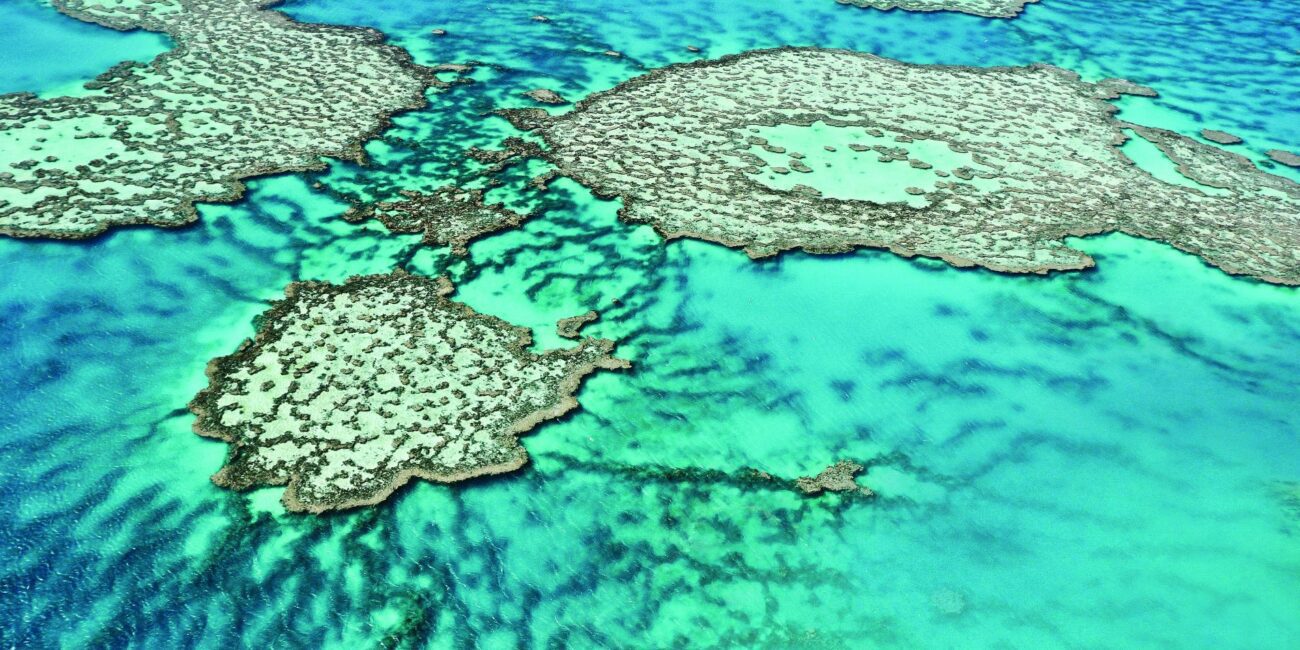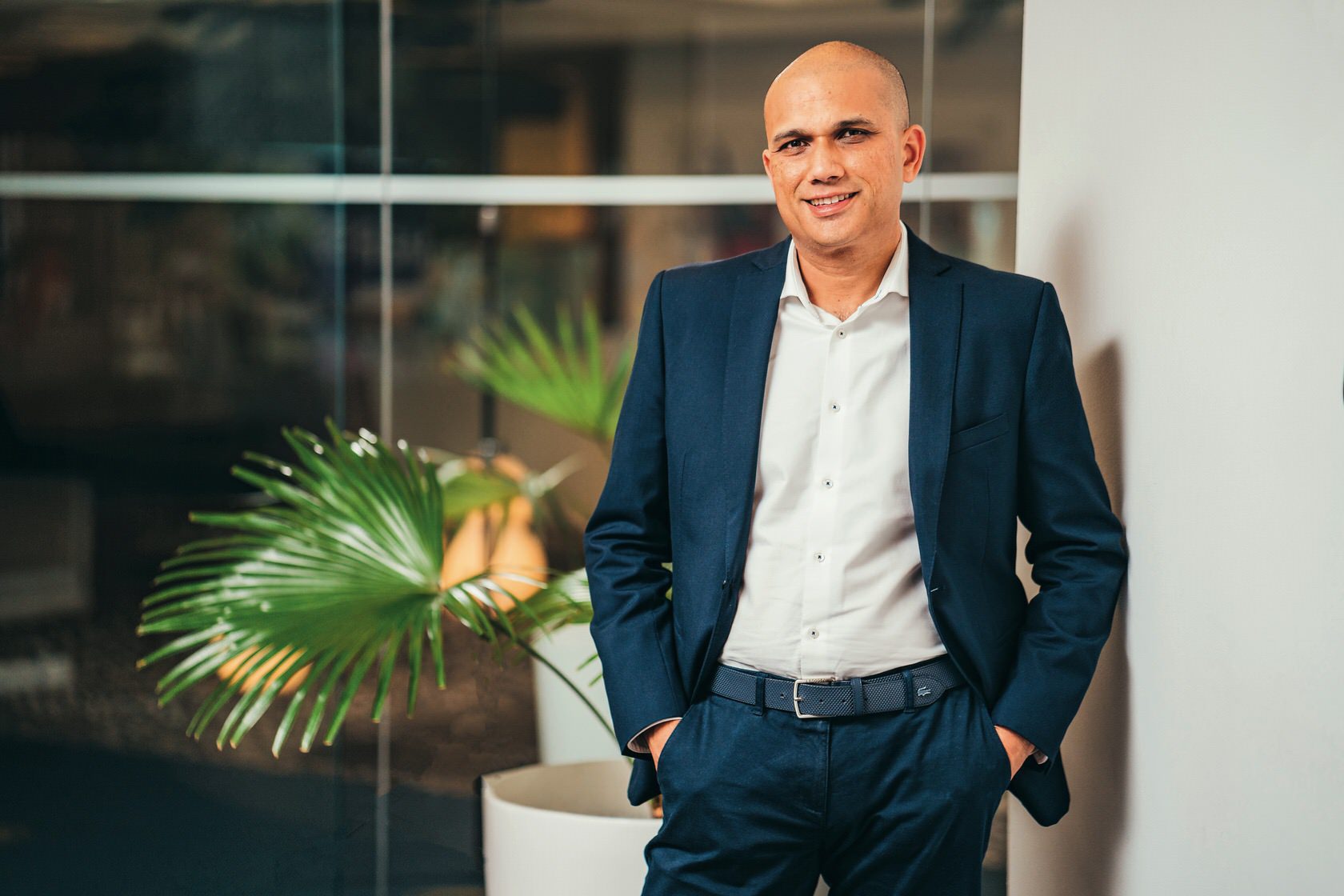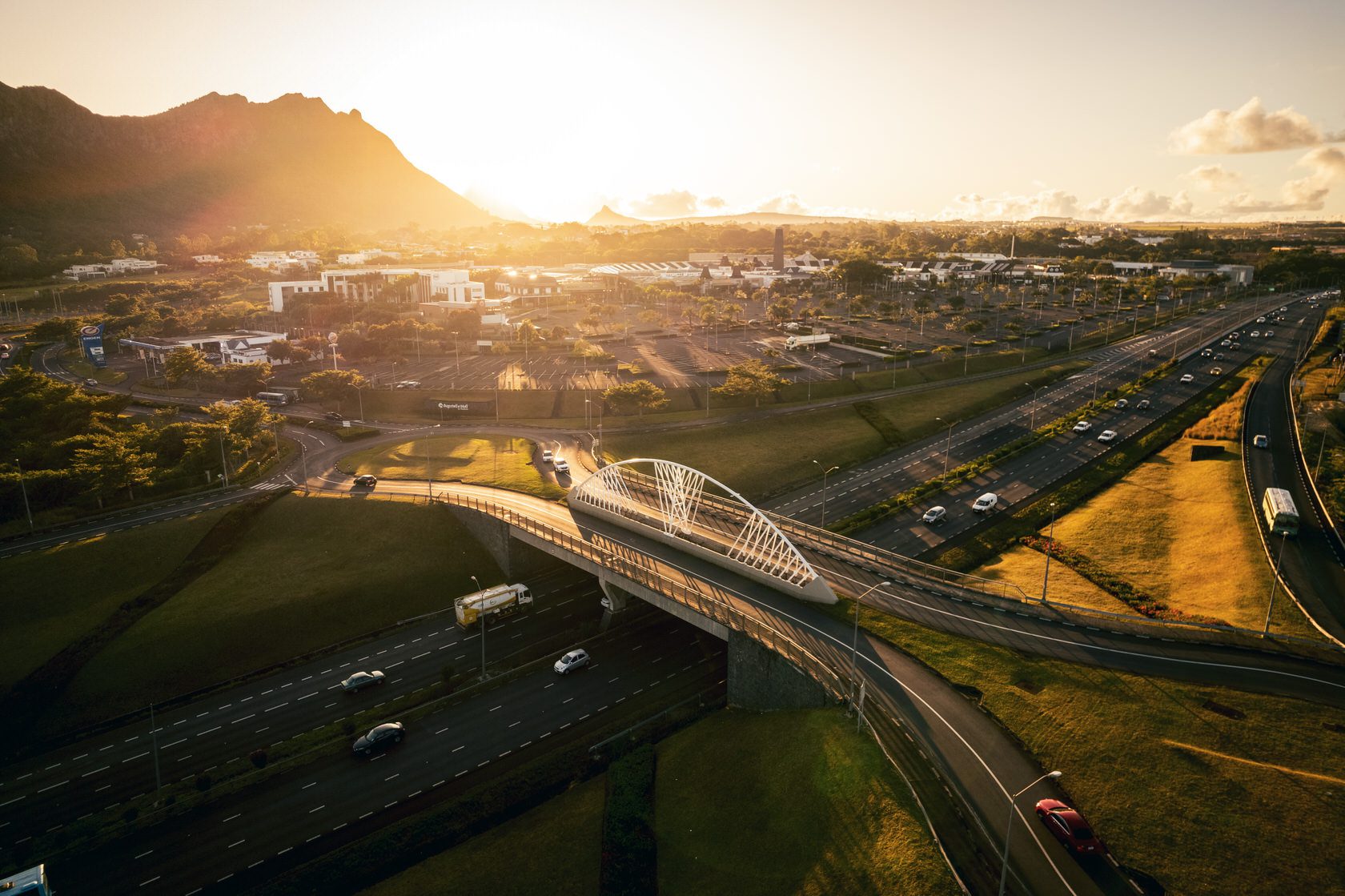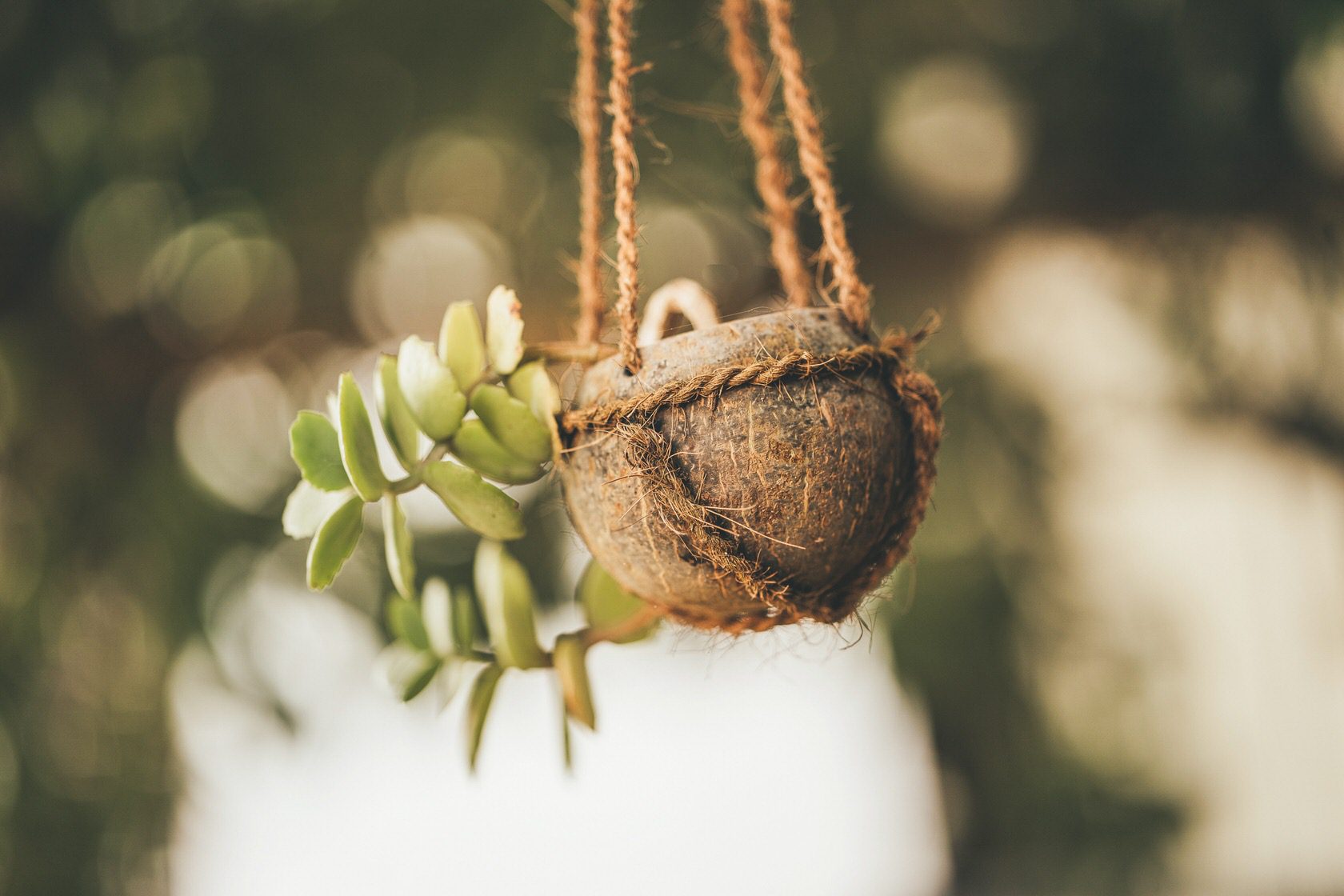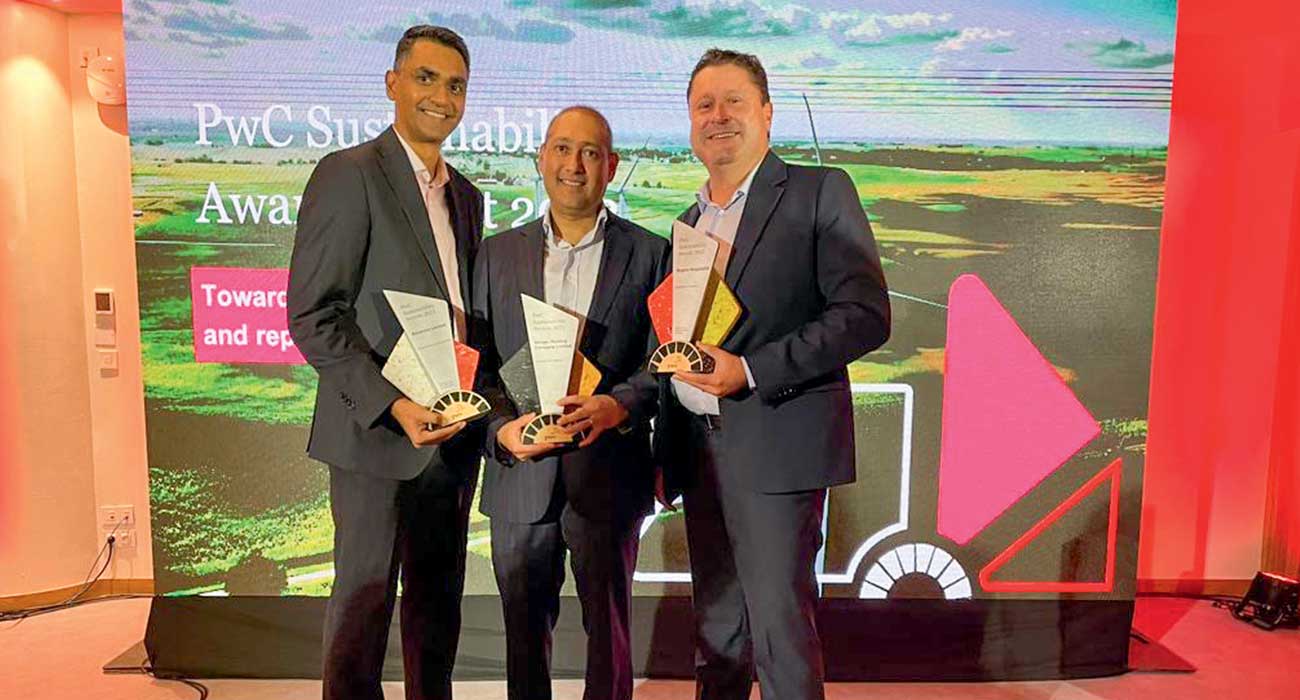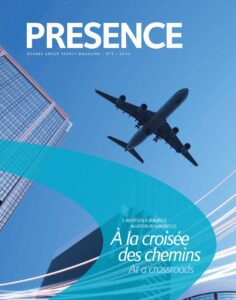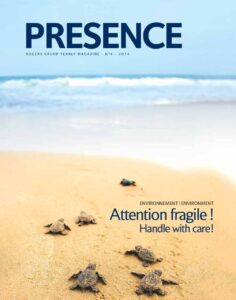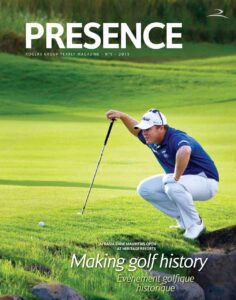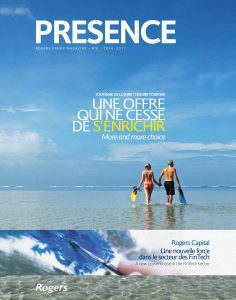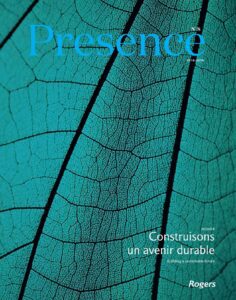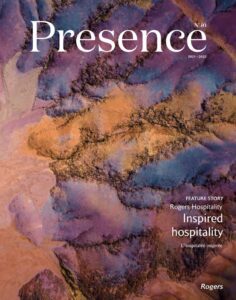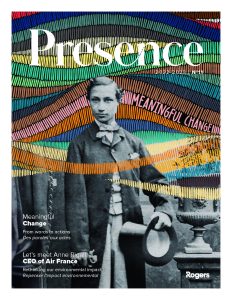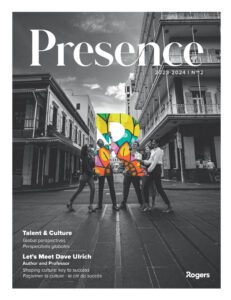The French scientist and diver, Francois Sarano, who was a close collaborator with Captain Jacques-Yves Cousteau for many years, considers biological diversity just as important as cultural diversity.
photos : aldo ferruci | véronique et françois sarano | pascal kobeh | shutterstock | eugène vitry
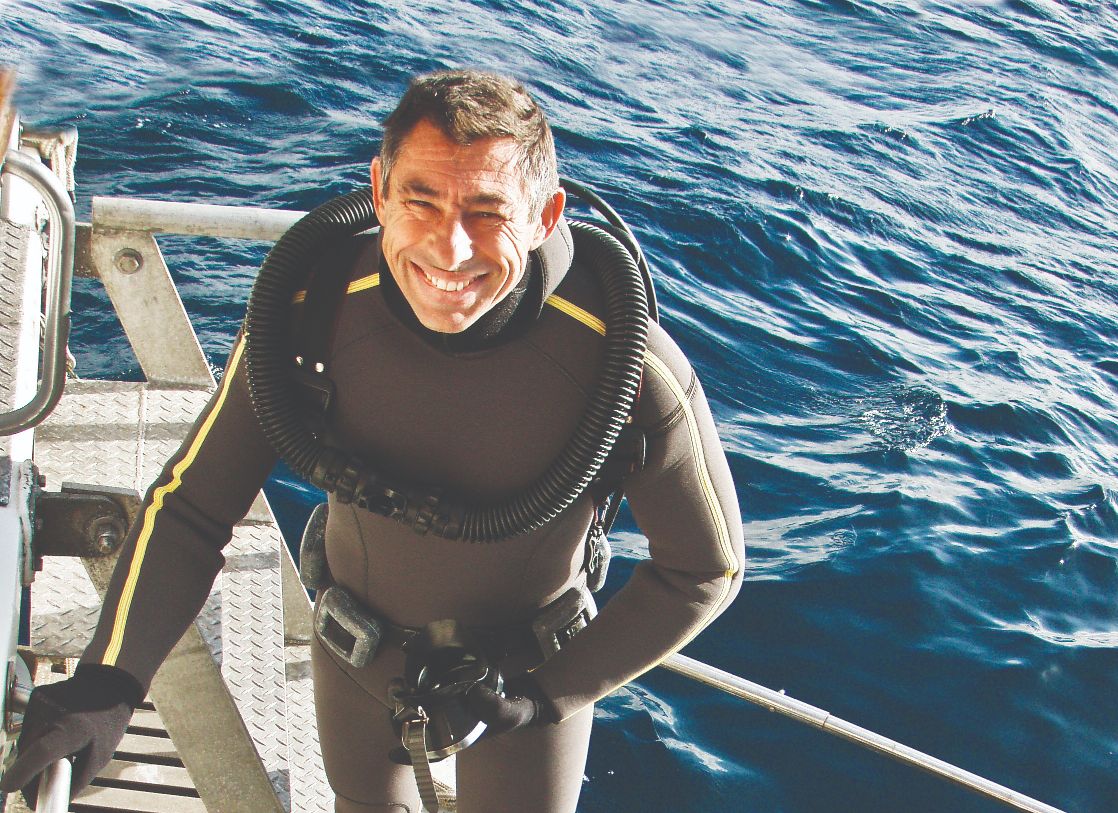
What memories do you have of your time as scientific adviser to Captain Cousteau?
First of all, it was a very human story. On the Calypso, there was real team spirit. When you’re on a boat for several months at a time, it brings people together so that you can share and experience quite extraordinary voyages. It produces strong friendships, which is very important to me, enabling you to do things which you could never hope to achieve on your own. It was all thanks to Captain Cousteau, as well as Albert Falco and the other members of the crew.
I should also add that we used to have a freedom to explore that no longer exists today. We went wherever we wanted, when we wanted, without any worries about cost-effectiveness. Cousteau never said that we had to bring back pictures but rather go and explore and show what we saw. It allowed us to go to places where we’d never go now. Cousteau would take risks but no-one does that any more. He used to say, “I wouldn’t go where I knew what I’m going to find. I’m going there precisely because I don’t know.” That was the adventure he offered us and he taught us not just to think in money terms. We could go diving and find nothing and, of course, on all those extraordinary trips we found a great deal – because we went into places where no-one was willing to go. There was an appetite for exploration that we could satisfy without having to justify what we were doing.
To quote the title of a piece he published in 1972, what would you reply to someone who asked you, “What happens if our oceans die?”
The oceans themselves won’t die but the life we know there and as it is developing today could change fundamentally. We could lose large creatures such as cetaceans and sharks, which have a long lifespan, late sexual maturity and a low fertility rate. Such creatures cannot support industrial-scale exploitation because their reproductive rate is slower than the rate at which they are being exploited. We nearly lost whole whale populations before the moratorium on hunting them prevented a massacre and allowed the last survivors to reproduce and allow us today to enjoy swimming with sperm whales and the like. If hunting had continued, they would undoubtedly have died out.
On the other hand, shark populations are in freefall. Thirty years ago, when you entered the water, you were immediately surrounded by sharks but these days it’s not easy to find one. Even in the Sharks’ Trench in Mauritius, there aren’t any.
If we go on like this, we could make these large animals disappear leaving their space to others that reproduce more quickly. The moment you leave a space in the ecosystem, other fish species take their place, including jellyfish. In countries where there is intensive fishing, you see them take the place others have left.
What Captain Cousteau said as a wake-up call, when no-one was showing the least concern, was very powerful. It may seem exaggerated today, but not that much, because what we humans feel most strongly about are the larger creatures and we would be very unhappy if only crabs, jellyfish and worms were left. We would then consider the oceans as virtually dead…
Changes to marine and coastal ecosystems inevitably have a direct impact on Man…
There’s a double impact, socio-economic and biological. Nowadays many types of fish we have been used to catching easily and eating have become rare. Simple fishermen in particular are suffering as they are obliged to go further out to sea, spend much more on fuel, in brief to expend much more energy for diminishing returns in terms of what they can offer customers. There are fewer and fewer fish nowadays and it’s the richest countries that are using up the stocks. Some of the poorest people who used to be able to eat fish cheaply are suffering directly from reduced fish stocks.
From a biological perspective, from the moment one species which is interlinked with others is removed, it affects all the others. And we are part of that chain. There is a domino effect throughout. As part of a very recent study undertaken by the ARC Centre of Excellence for Coral Reef Studies (CoECRS) in Australia, researchers studied two coral reefs. The first was one where fishing had been going on, which had led to the disappearance of all the sharks. The second was a reef where a marine reserve had been created. During the study, both reefs were struck by Cyclone Yasi, in 2011. The reef that was part of the reserve area quickly recovered whilst the other one failed to do so as there were few herbivorous fish there. Algae grew everywhere and smothered and prevented the growth of the hard coral species, Acropora. This was the result of the overall ecosystem having been disturbed and the absence of sharks to control the predators of the herbivorous fish that would otherwise have fed on the algae. The consequences, therefore, are direct and obviously a healthy reef houses a larger number of fish species than an unhealthy one.
There’s also a philosophical reason which seems to me just as important. When someone asks me “What’s the point of sharks? Would it matter if they disappeared?” I reply, “Would it matter if the Louvre Museum disappeared, or the Mona Lisa or art in Mauritius?” You could live without them but it would matter a great deal because they enrich our world. Biological diversity is as important as cultural diversity. In fact it’s what makes us human. Each time a species becomes extinct, our horizons are reduced and we lose a bit of our humanity.
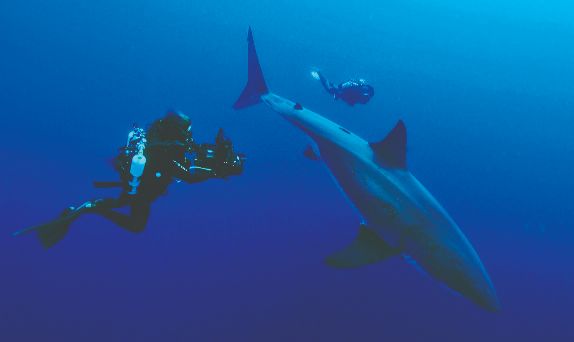
How can the trend be reversed?
Each time we’ve decided to stop harming our marine environment, marine life has become much richer. Whales and cetaceans are a good example. In the 1970s, if someone had proposed going swimming with them, I would have replied, “Don’t think about, it’s impossible.” They were very rare and above all it was very difficult to get near them because they avoided boats for fear of being harpooned. Nowadays, thanks to conservation measures, we stopped killing whales and they have returned – much to everyone’s delight.
The establishment of marine reserves has also allowed marine life to proliferate within fifteen to twenty years to an extent we could hardly have imagined. What characterises a healthy ecosystem is the presence of large and older predators as they take longer to see their population recover. It’s not the predators that regulate the ecosystem but the richness of the ecosystem that allows the predators to exist. For example, the small island of Guadalupe in the Pacific was completely devastated by fishermen and sea-lion and sea-elephant hunters at the end of the 19th century. When it was made a marine reserve area, there were no protests because there was nothing left to fish or hunt. The island was forgotten about but is now classified as a world heritage site. It’s now one of the richest sites in the world with the largest sea-lion and sea-elephant populations in the northern hemisphere, and around the island is one of the largest white shark populations, around 100 or 120 of them. There has to be an incredibly solid and rich ecosystem to support such a predator population. All that was necessary was to leave the island in peace and no longer attack the creatures there for the ecosystem to recover.
Create a real protected marine reserve in Mauritius where there’s no fishing or poaching and you’ll see incredibly rich marine life there in fifteen to twenty years. Fishermen will applaud it because fish will swim out from there that they can catch. The Amphore Project, a recent study on marine reserve management and the benefits to fishermen showed that after fifteen to twenty years fish coming out from marine reserves increased greatly in terms of scale. The best example is in Mauritania where 25% of the fish outside have come from the Bank of Arguin National Park. It just shows how much a marine reserve can add to its surroundings.
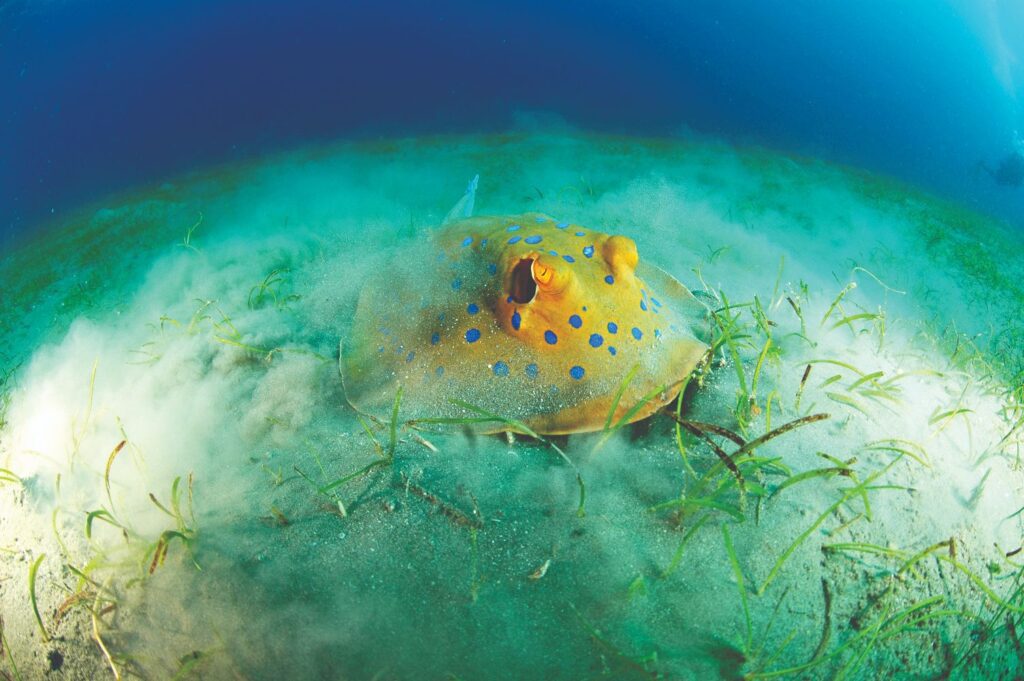
For people to truly appreciate the riches of the sea, don’t education efforts need to be increased?
Yes, yes and yes again. Education is needed in schools, within families, through government information and through the media. It’s something we’re doing all the time in our association, Longitude 181 Nature. I’m sure it’s the only way we’ll succeed. Any change that’s not understood is not accepted and therefore doomed to failure. But the day we understand that we’ll be much better off if we give up some small advantages, things could change. We have to adopt a different lifestyle.
Will we manage one day to reconcile environmental, economic and social interests, which are sometimes at odds with each other?
I don’t know how we’ll do it, but if we don’t take action, I fear that Nature will be very harsh with us and at that moment we’ll have to take notice.
an enthusiastic sea-lover
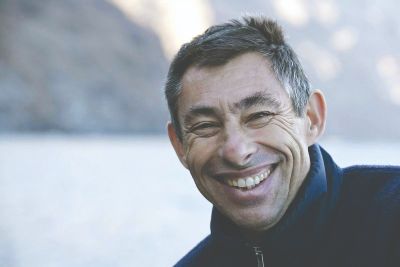
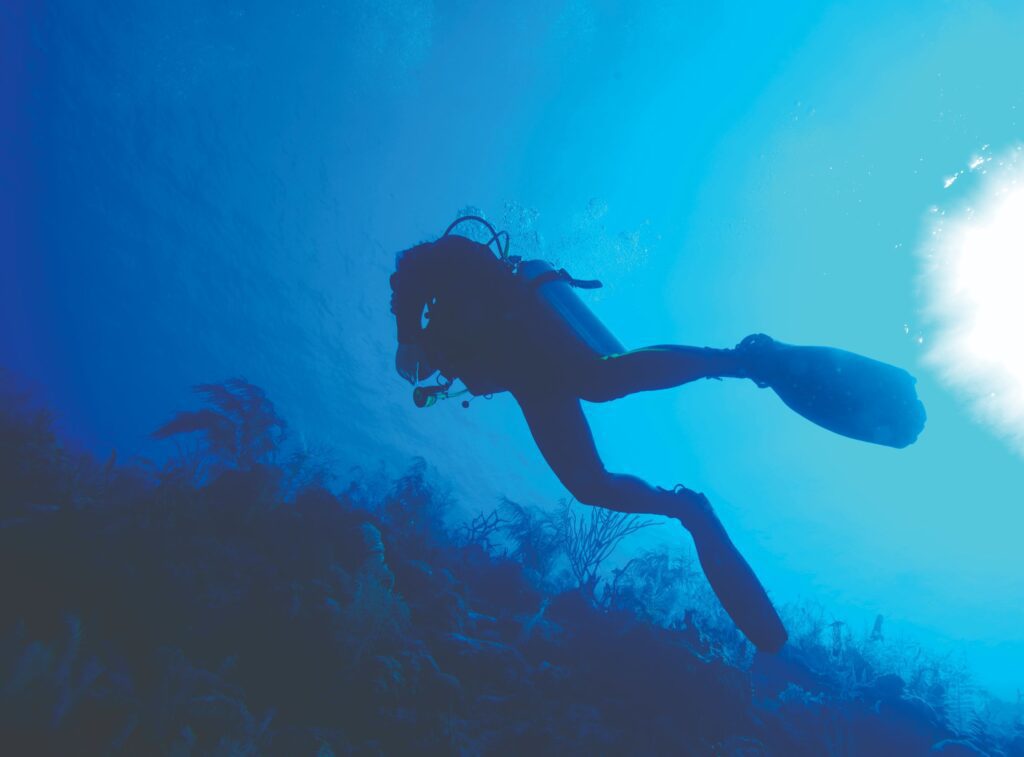
Born in 1954 in Valence, François Sarano has a doctorate in Oceanography, is a professional diver and the former director of the Deep Ocean Odyssey Project. As expedition leader and former scientific adviser to Captain Jacques-Yves Cousteau, he took part in more than twenty expeditions on Calypso between 1985 and 1997. He also headed WWF France’s fishing resources department and, along with Laurent Debas, was behind the concept of concerted exploitation and management units (UEGC) for the sustainable management of fishing resources by fishermen. He was also the co-founder with Vincent Ohl of the Longitude 181 Association for the protection and fair distribution of marine area resources. In addition, he was a diver, scientific adviser and co-scriptwriter for the Jacques Perrin and Jacques Cluzaud film, Oceans, released in 2010 and winner of the French Cesar Award for Best Documentary in 2011. He continues to present a series of debates aimed at business companies and local authorities called Océan, le dernier territoire sauvage… about the sea as the final wild, in which he shares his enthusiasm for the sea and its creatures.

